1. The Empire Strikes Back
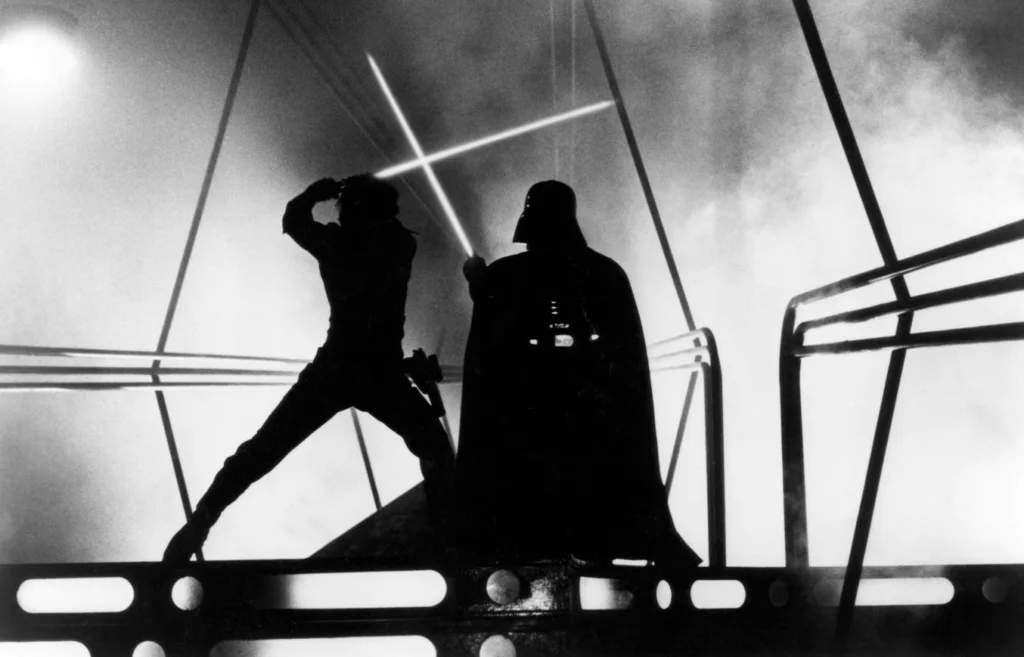
When fans lined up for the second installment in the original Star Wars trilogy, they expected more lightsaber duels and space battles, not one of the most jaw-dropping twists in film history. Darth Vader revealing he was Luke Skywalker’s father left audiences stunned, and many refused to believe it could be true. The moment became one of the most quoted in movie history, but back then, there was no internet to spoil it, so people gasped in unison in theaters. Even the cast was kept in the dark until the final cut, with only a few knowing the truth ahead of time.
The ending also set up a much darker tone for the saga, leaving the heroes in a place of defeat rather than victory. Han Solo was frozen in carbonite, Luke was physically and emotionally wounded, and the Rebellion was on the run. It wasn’t the triumphant finale people expected from a sci-fi blockbuster, and that’s what made it so memorable. By the time the credits rolled, fans were desperate to know what would happen next.
2. Raiders of the Lost Ark
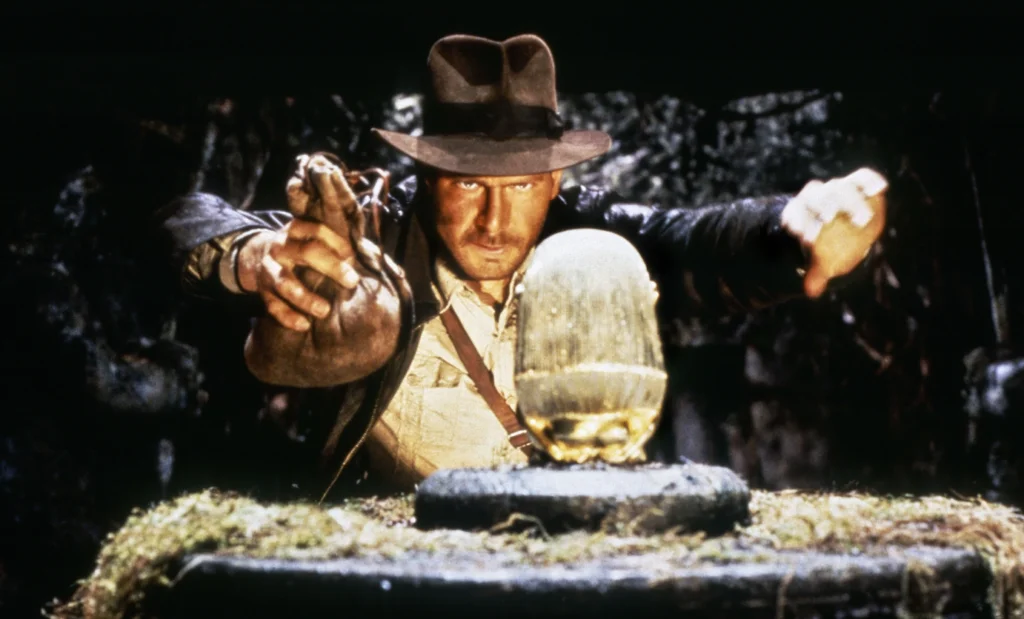
Audiences flocked to see Indiana Jones’ first big-screen adventure expecting a pulse-pounding treasure hunt, but they didn’t see that eerie, supernatural ending coming. After a non-stop ride of action, romance, and narrow escapes, Indy and Marion end up tied to a post as the Nazis open the Ark of the Covenant. What follows is a horrifying display of divine wrath, with spirits turning from beautiful to monstrous in seconds and melting entire faces off the villains. It was shocking for a film that had been, for the most part, a fun adventure romp.
The choice to have Indy survive not by fighting but by closing his eyes in reverence to the Ark’s power was also unexpected. It was a rare blockbuster moment where the hero wins not by brute force, but by respect for something greater. The scene stuck with audiences for decades, both for its visual effects and its sudden tonal shift into outright horror. It made the movie’s ending feel more legendary than anyone could have predicted.
3. The Terminator

When The Terminator hit theaters, most people thought they were in for a straightforward sci-fi action flick with a killer robot and lots of explosions. While they got that, the ending took things in a surprisingly emotional direction. After an intense chase, Sarah Connor manages to destroy the Terminator by crushing it in a hydraulic press, but the relief is short-lived. The film closes with her driving into the desert, pregnant with John, knowing she’s raising the future leader of the human resistance.
The final moments, with a storm brewing in the distance, gave the movie a haunting, ominous tone. It wasn’t a “happily ever after,” but a warning that the war was still coming. This layered the action with a sense of inevitability and fate, turning the film into more than just a shoot-’em-up. That ending would go on to influence the tone of countless other sci-fi films in the years to come.
4. Return of the Jedi
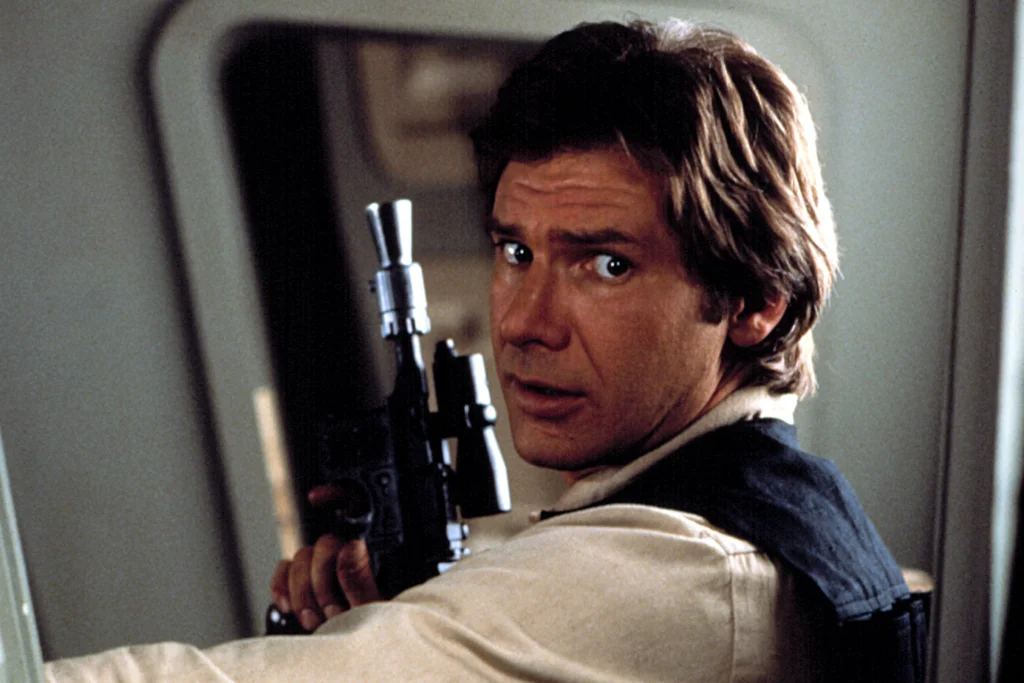
After The Empire Strikes Back, fans were ready for an epic conclusion, but Return of the Jedi managed to throw in emotional gut punches amidst its big space battles. The confrontation between Luke, Vader, and the Emperor had everyone on edge, but the shock came when Vader ultimately turned on the Emperor to save his son. Watching the galaxy’s most feared villain sacrifice himself was both unexpected and moving. It brought a redemptive close to a character who had seemed beyond saving.
The unmasking of Vader was another surprise. Seeing Anakin Skywalker as a frail, scarred man instead of a monster redefined the way fans saw him. The film’s ending wasn’t just a victory over the Empire, but a deeply personal family resolution. It left the saga with a surprisingly hopeful conclusion, tying emotional closure to galactic peace.
5. E.T. the Extra-Terrestrial
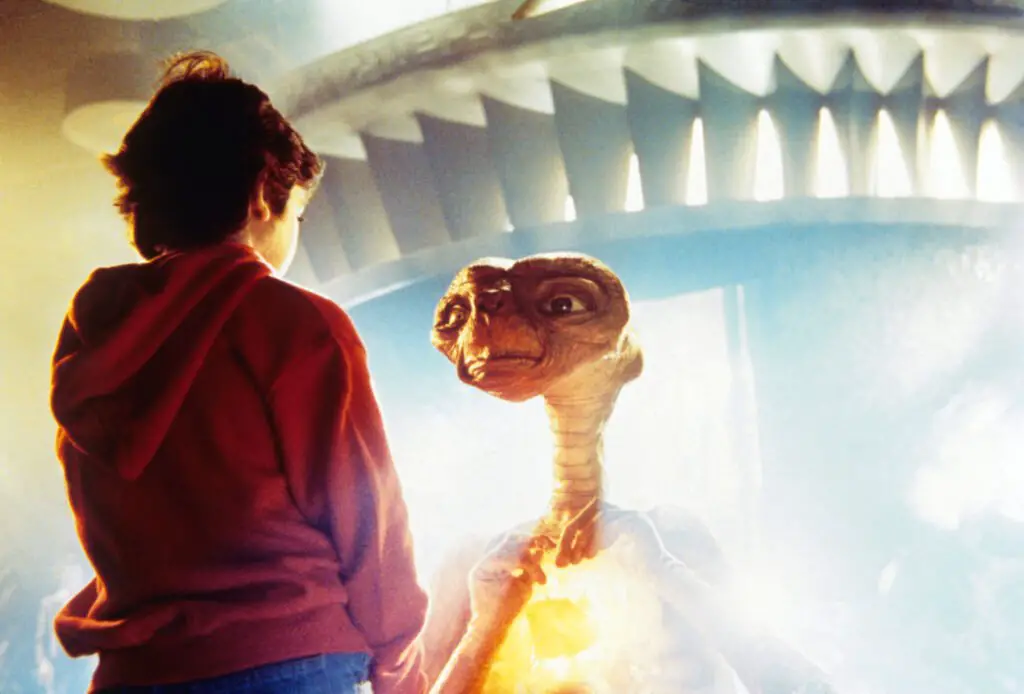
Most people assumed E.T. would end with the lovable alien staying on Earth, maybe living happily with Elliott and his family. Instead, the film closes on a tearful goodbye, with E.T. boarding his ship to return home. Spielberg didn’t shy away from the heartbreak, letting Elliott and E.T.’s bond feel painfully real as they said farewell. “I’ll be right here” became one of the most bittersweet lines in movie history.
The emotional depth of that ending caught audiences off guard. It wasn’t just a story about a kid and an alien, it was about love, loss, and accepting change. The wide-eyed wonder of the first half gave way to a bittersweet sense of growing up. By the time the credits rolled, theaters were filled with sniffles instead of cheers.
6. Back to the Future
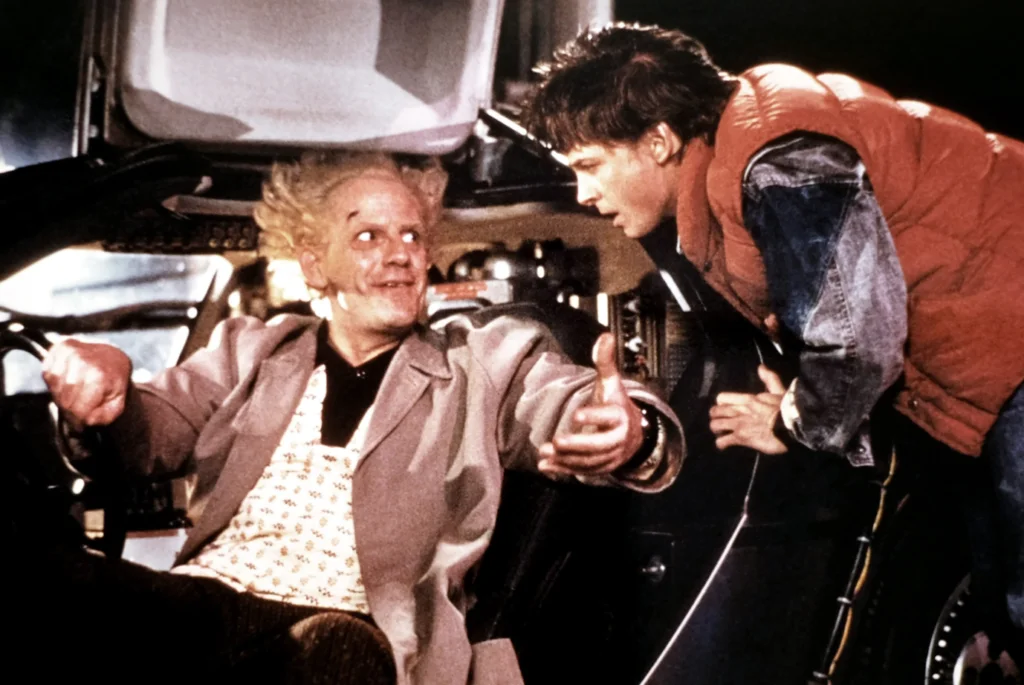
For a time-travel comedy, Back to the Future didn’t seem like the kind of movie that would have a jaw-dropping ending. Marty fixes the past and comes home to a better present, which feels like a satisfying conclusion. But just as audiences were settling into that relief, Doc Brown bursts in wearing futuristic clothes and tells Marty and Jennifer they have to go to the future — and the DeLorean literally flies. The sudden “To Be Continued…” left audiences buzzing.
This wasn’t just an ending, it was a promise of something bigger. In an era before every hit film spawned a trilogy, teasing a direct sequel like this was rare and exciting. It turned a fun sci-fi adventure into a sprawling, time-hopping saga. People left theaters already speculating about hoverboards and future Hill Valley.
7. Gremlins

Gremlins starts off as a quirky holiday movie, but by the time the ending rolls around, it’s clear this was never just a Christmas comedy. After a wild spree of chaos, Gizmo saves the day, but the final twist is that he can’t stay with Billy. The mysterious shop owner returns to take him away, warning that humans aren’t ready for such responsibility. It was a surprisingly sobering note to end a movie filled with mischievous, popcorn-munching creatures.
The ending made the film feel almost like a fable. Billy’s loss of Gizmo underscored the theme that some wonders aren’t meant to be owned. It was a reminder that actions have consequences, even in a movie filled with slapstick chaos. That bittersweet departure stuck with audiences long after the Christmas lights came down.
8. The Thing
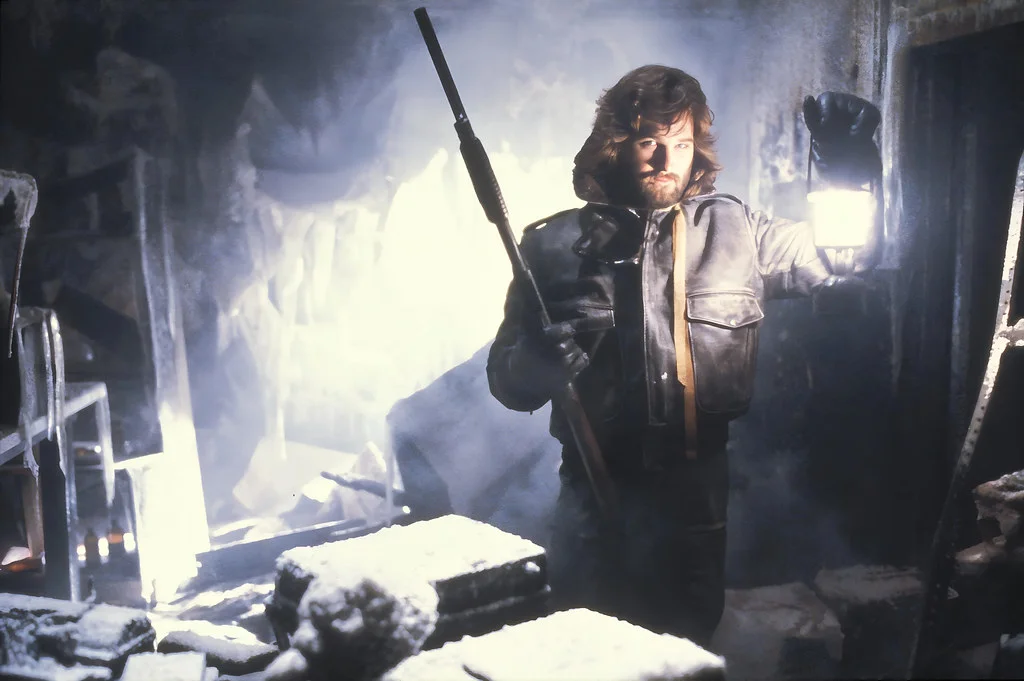
John Carpenter’s The Thing left audiences with one of the most ambiguous endings of the decade. After a brutal battle against the shape-shifting alien, only MacReady and Childs remain, surrounded by the burning remains of their camp. Neither trusts the other, and neither knows if the other is still human. Instead of resolving the tension, the film ends with them sharing a drink as the Antarctic cold closes in.
This lack of closure infuriated some viewers but fascinated others. It forced audiences to wrestle with the paranoia the characters felt. Was one of them infected? Were they both human? The uncertainty made the movie’s final moments feel even more chilling than its gory scares.
9. First Blood
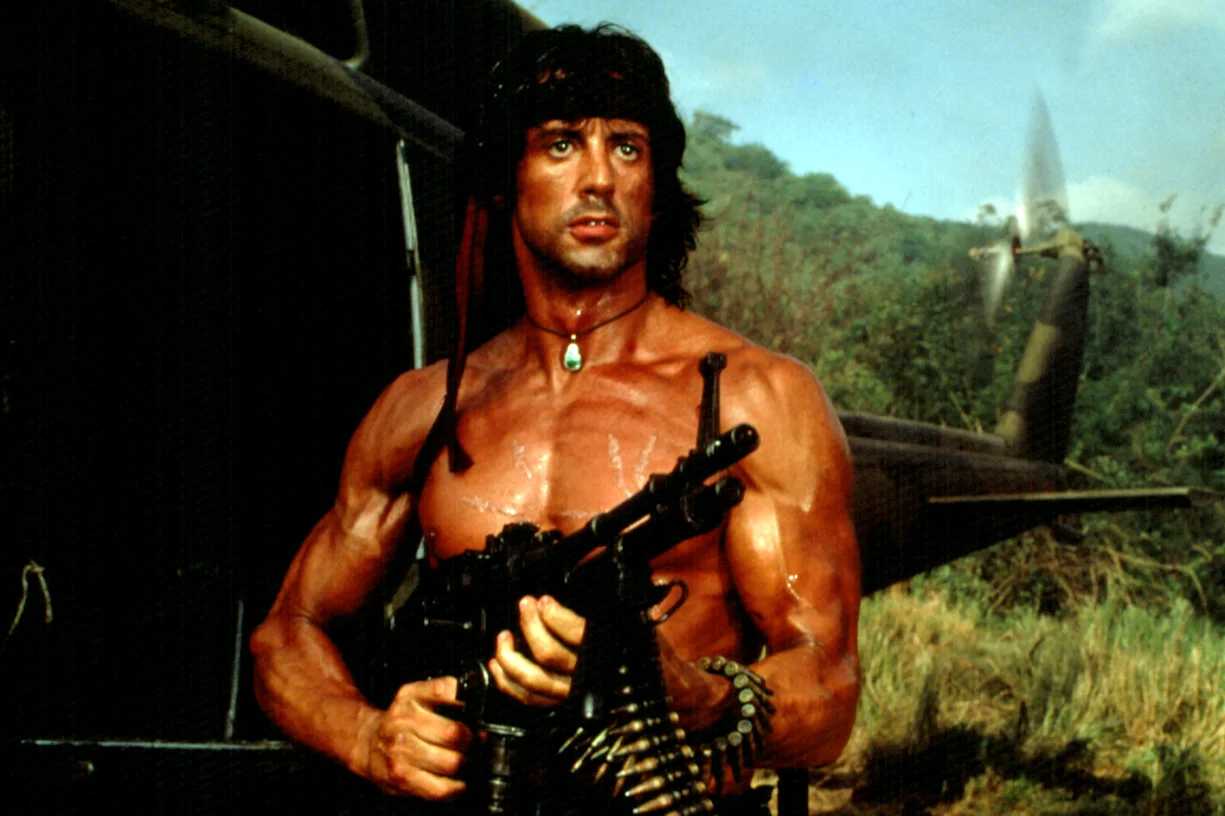
Many people remember First Blood as the start of the over-the-top Rambo action franchise, but the first movie’s ending was far from a typical hero’s victory. After an intense standoff, John Rambo breaks down, sobbing about the trauma and mistreatment he endured after Vietnam. There’s no big triumphant music, no last-minute escape — just a broken man surrendering to his old commander. It was a sobering, human end to what had seemed like a macho action story.
The raw emotion Sylvester Stallone brought to the final scene shocked audiences expecting nonstop explosions. Instead, they got a gut-wrenching reminder of the human cost of war. The moment added depth to a character who would later become an unstoppable action icon. In many ways, it made the first Rambo story unforgettable.
10. Fatal Attraction
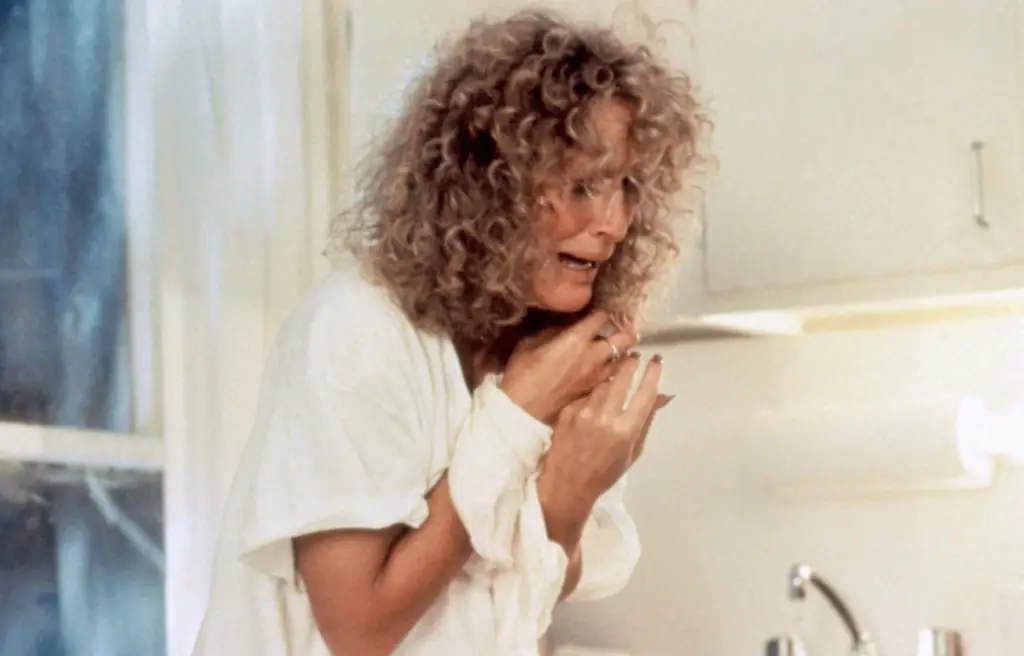
Fatal Attraction started as a tense romantic thriller but built toward something far more disturbing than audiences were ready for. After Dan’s affair with Alex spirals out of control, the final confrontation turns into a full-blown horror sequence. Just when it seems Alex is dead in the bathtub, she lunges out with a knife for one last attack. Beth’s shotgun blast ends it, but the jolt left viewers gasping.
The sudden escalation into slasher territory was completely unexpected. It took the movie’s commentary on infidelity and obsession and pushed it to an extreme. The ending cemented the film’s reputation as one of the most intense thrillers of the decade. It also made audiences think twice about any “harmless” fling.
11. The Abyss
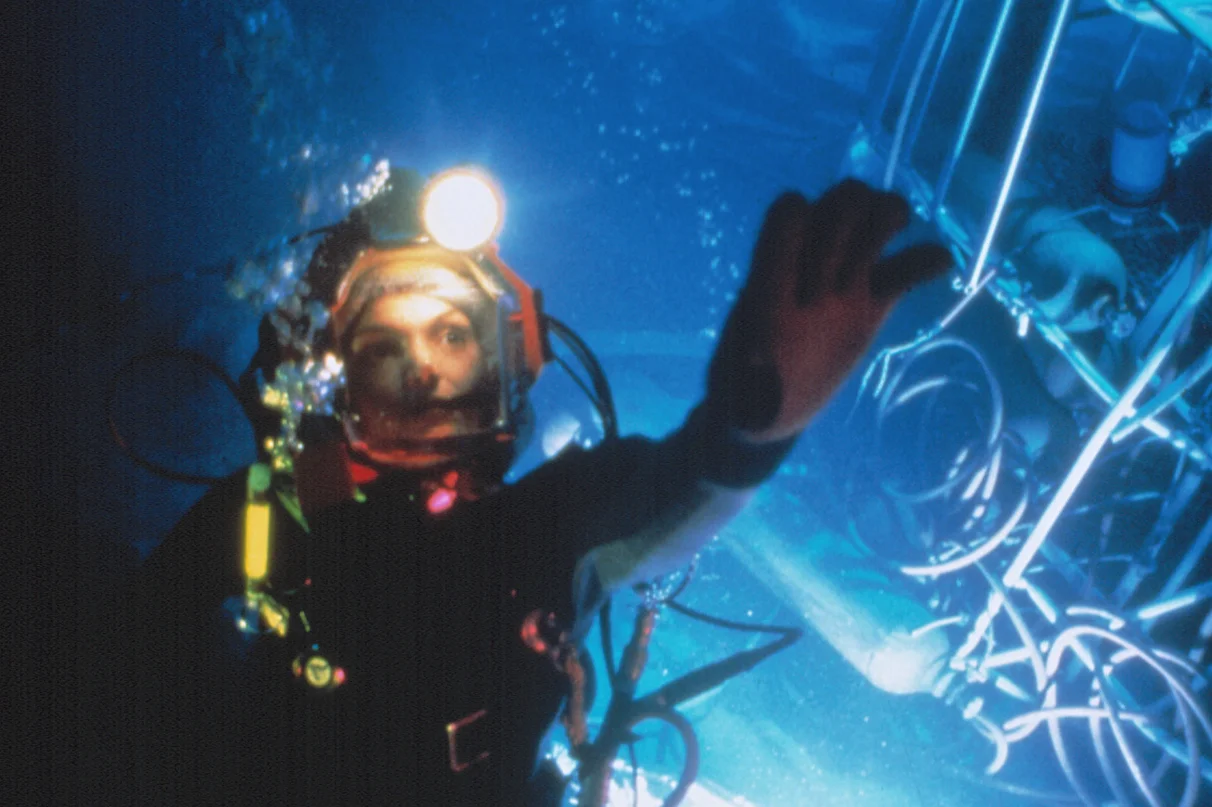
For most of The Abyss, audiences were gripped by the tension of a deep-sea rescue mission mixed with Cold War paranoia. Then came the jaw-dropping reveal — the mysterious lights under the ocean weren’t weapons or natural phenomena, but an alien civilization. The ending goes full sci-fi as the aliens save the crew and raise their massive ship to the surface. It’s a sudden, sweeping turn from claustrophobic thriller to awe-inspiring spectacle.
The tonal shift caught a lot of people off guard, especially since the bulk of the movie played like a tense underwater drama. But the hopeful, almost spiritual conclusion gave the film a lasting sense of wonder. It turned what could have been a straight military story into a message about unity and compassion. It’s a rare blockbuster that ends with peace instead of destruction.
12. Poltergeist
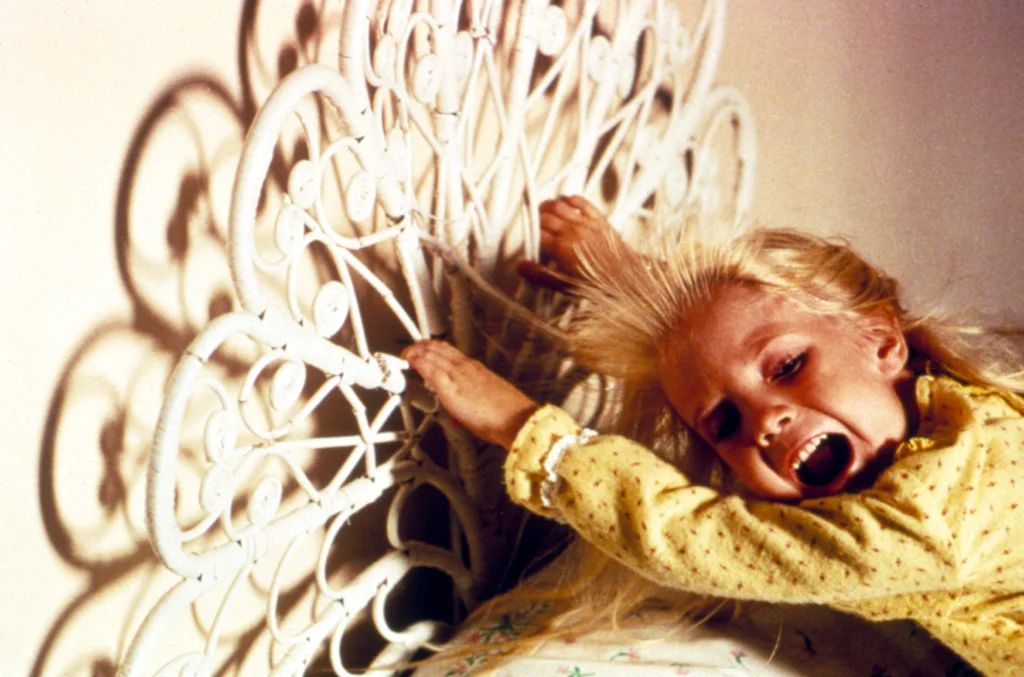
By the time Poltergeist reaches its finale, the Freeling family has been through enough ghostly terror to last a lifetime. They finally move out of their haunted home, seemingly escaping the nightmare. But the real shock comes when their new hotel room door slams shut — and dad shoves the TV outside. It’s a perfect, sly punchline to an otherwise terrifying ride.
The ending blended humor with horror in a way few supernatural films dared to do. It let audiences breathe again, but not without leaving an uneasy feeling about what they’d just witnessed. It also helped solidify the movie’s place as one of the most creative haunted house stories ever filmed. The closing gag was the kind of unexpected relief that made the terror even more memorable.
13. The Untouchables
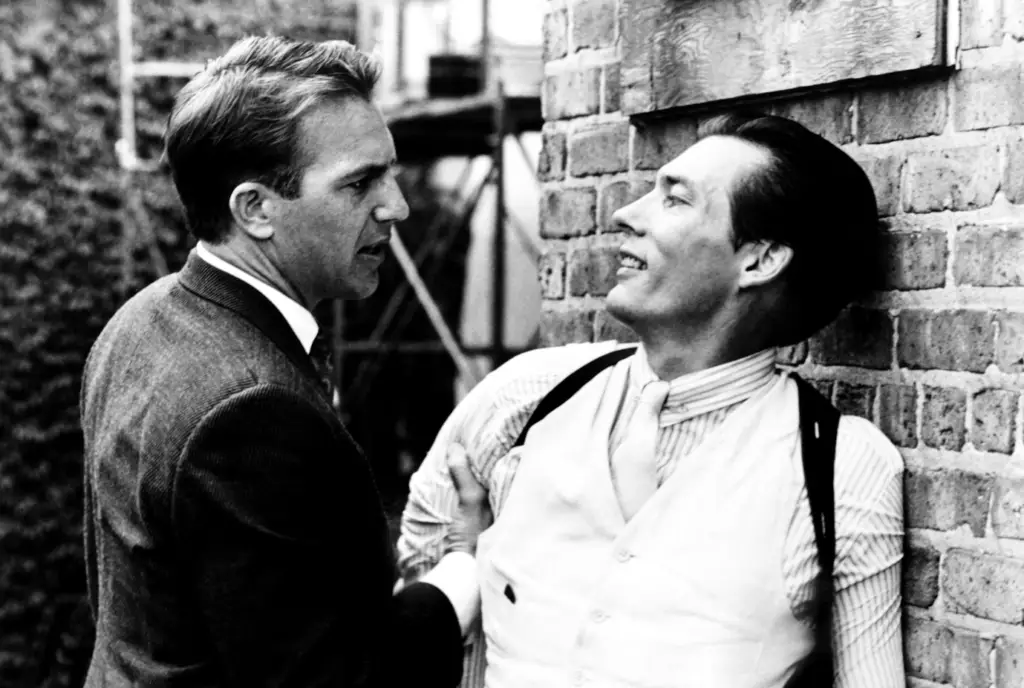
For most of The Untouchables, the focus is on the cat-and-mouse game between Eliot Ness and Al Capone. The climax delivers the famous courthouse scene where Capone is finally brought down, but the ending takes a smaller, more personal turn. When asked what he’ll do if Prohibition is repealed, Ness casually says he’ll have a drink. It’s an understated closer after all the bloodshed and chaos.
That final line surprised people expecting some dramatic moral statement. Instead, it showed Ness as a man who had done his job but didn’t see himself as a crusader for temperance. It was a quiet, human moment in a movie full of operatic violence. That choice made the ending linger in an unexpected way.
14. Blade Runner
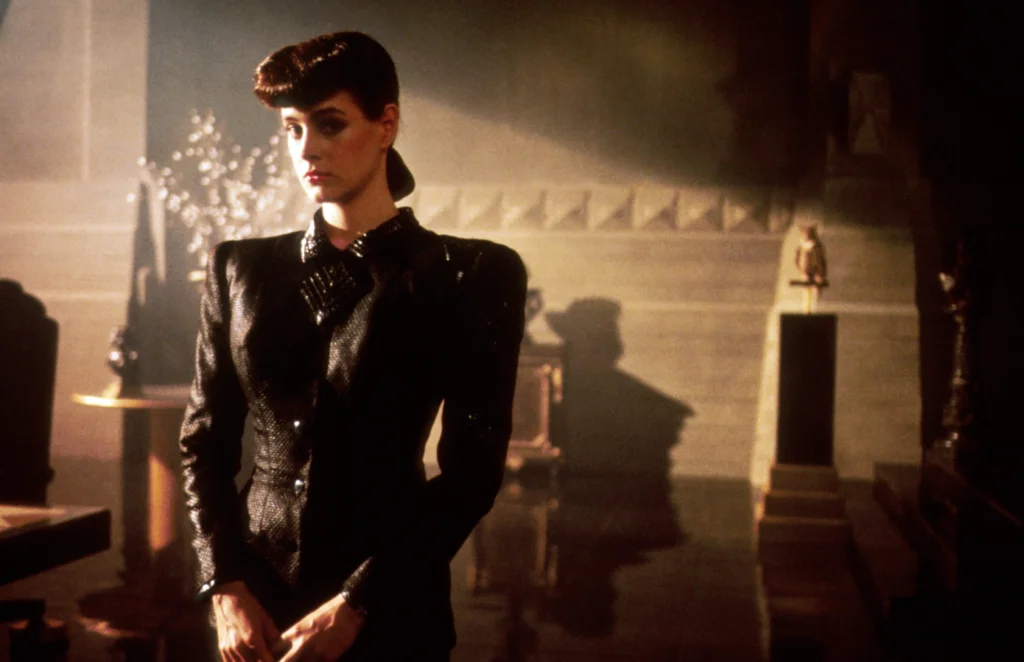
Blade Runner takes viewers through a moody, rain-soaked world of replicants and moral ambiguity. By the time Deckard escapes with Rachael, audiences might think they’ve reached a happy ending. But the discovery of the origami unicorn — and the implication that Deckard himself might be a replicant — turned everything on its head. It left the audience questioning everything they thought they knew.
The ambiguity was rare for a big-budget sci-fi release. It refused to give clear answers, forcing viewers to debate and revisit the film for decades. That final image became one of the most talked-about moments in movie history. It ensured Blade Runner would be remembered as much for its questions as for its visuals.
15. The Fly
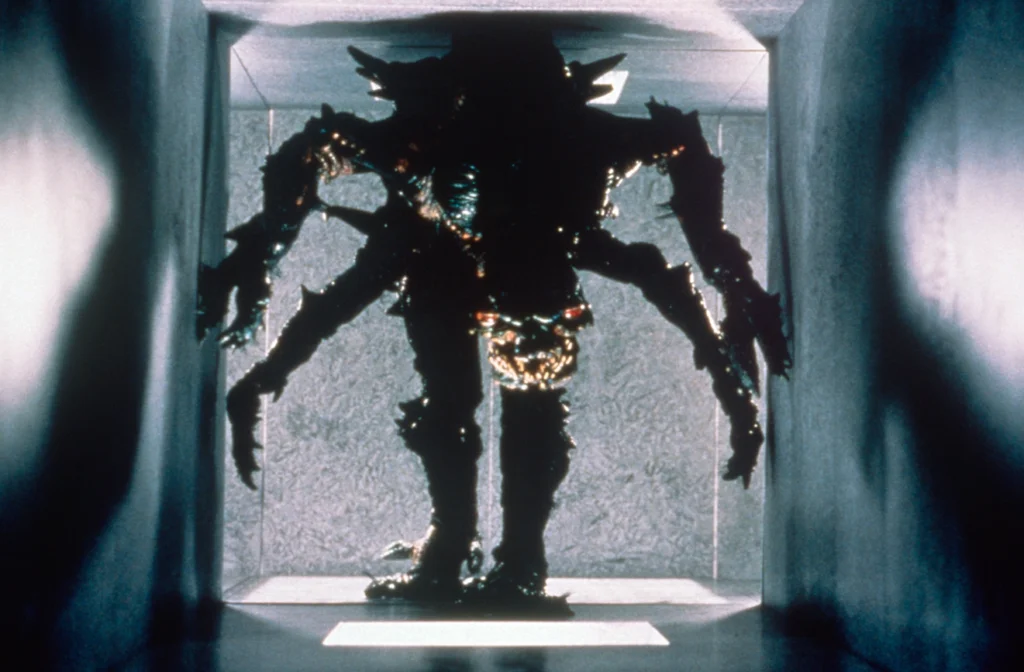
David Cronenberg’s The Fly is horrifying from the start, but its ending is one of the most emotionally devastating of any ’80s horror film. After fully transforming into a grotesque creature, Seth Brundle is barely recognizable as human. In the final moments, he silently begs Veronica to end his life — and she tearfully does. The sudden shift from grotesque body horror to tragic mercy killing left audiences shaken.
It was a rare horror ending that made people cry as much as it scared them. The film turned from a cautionary tale about science gone wrong into a love story cut short by unimaginable circumstances. That emotional gut punch gave the film a lasting impact beyond its practical effects. It proved horror could be heartbreakingly human.
16. Star Trek II: The Wrath of Khan
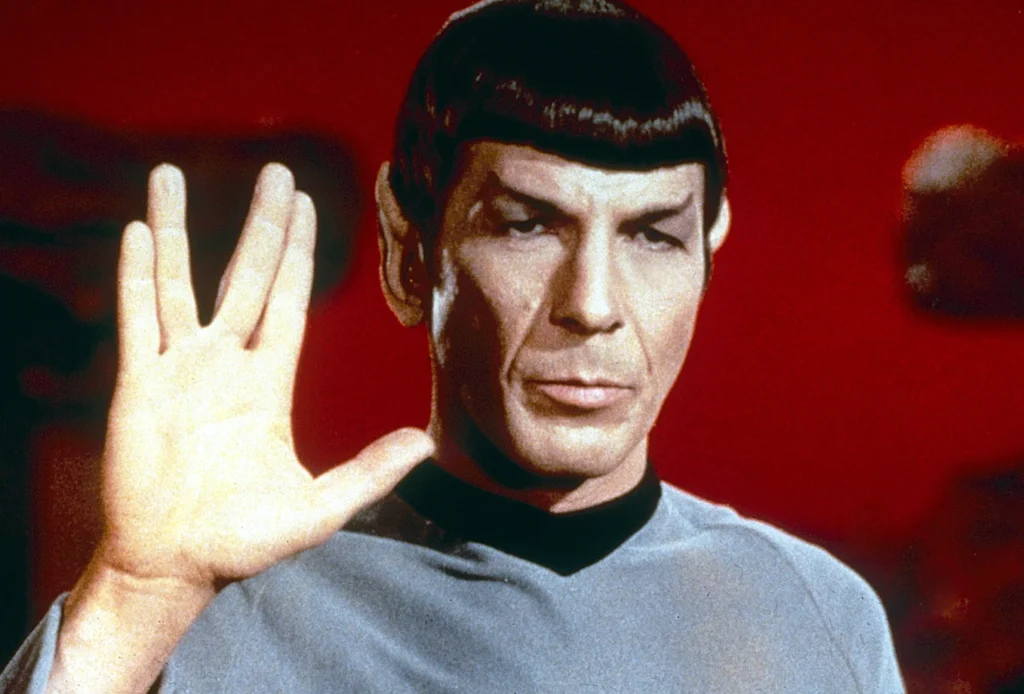
The Wrath of Khan delivered everything fans wanted from a Star Trek movie — until it broke their hearts. In the film’s climax, Spock sacrifices himself to save the Enterprise, calmly accepting his fate behind the glass of the radiation-filled chamber. His final words to Kirk, “I have been, and always shall be, your friend,” left theaters in stunned silence. Few expected such a permanent loss.
The choice to end a major studio blockbuster with the death of a beloved character was bold. It gave the film a gravitas that elevated it above typical space adventure fare. While later sequels would bring Spock back, nothing could erase the emotional weight of that first farewell. It’s still considered one of the most powerful endings in sci-fi history.
17. Platoon
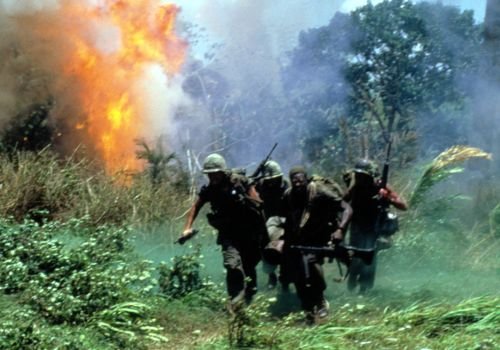
Platoon was already one of the most harrowing Vietnam War films ever made, but its ending took the devastation to another level. After surviving the brutal final battle, Chris Taylor walks through the carnage of his fellow soldiers, both friends and enemies, lying dead around him. The narration reveals his deep inner conflict — that while he has survived, a part of him will always be lost to the war. It’s not a victory, but a haunting acknowledgment of the permanent scars left behind.
This conclusion hit audiences hard because it refused to glamorize survival. Instead, it showed that war changes people in ways they can never undo. The image of Taylor being airlifted out, staring down at the destruction, stayed with viewers long after the credits. It was a reminder that in war, sometimes “winning” is just making it out alive.
18. Die Hard
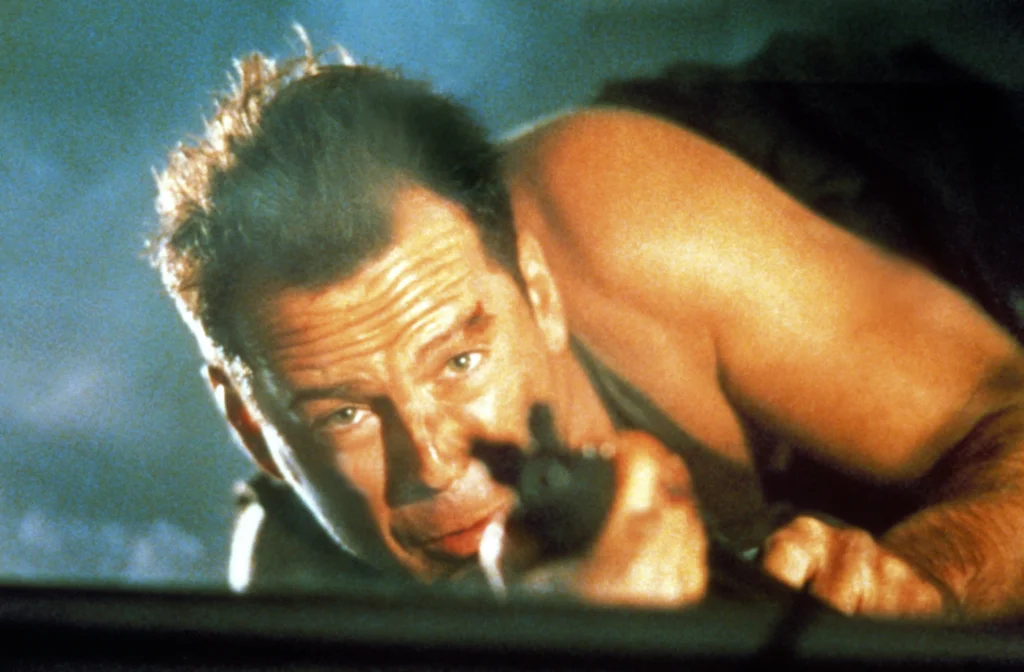
By the time Die Hard reaches its finale, audiences have already been on a wild ride through Nakatomi Plaza. John McClane defeats Hans Gruber in a thrilling showdown, sending the villain plummeting from the building. But the real shock comes in the aftermath, when Karl — thought to be dead — bursts out with a gun, only to be taken down by Sgt. Powell. It’s a last jolt of adrenaline when everyone thought the danger was over.
The extra twist perfectly capped the film’s nonstop tension. It gave Powell his own moment of redemption after revealing his haunting backstory. The scene proved that Die Hard wasn’t just about explosions, it was about giving every character a satisfying arc. That unexpected tag made the victory feel even more earned.


